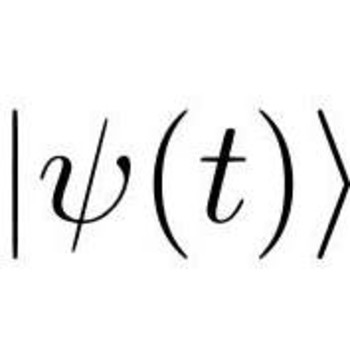A ball with a mass of #2kg# moving at #1 m/s# hits a still ball with a mass of #6 kg#. If the first ball stops moving, how fast is the second ball moving?
1 Answer
Mar 22, 2018
Explanation:
We use the conservation of momentum equation, which states that,
#m_1,m_2# are the masses of the two objects
#u_1,u_2# are the initial velocities of the two objects
#v_1,v_2# are the final velocities of the two objects
Since we want to know how fast is the second ball moving after the collision, we need to solve for
Now, we can plug in values into the equation and we get,

